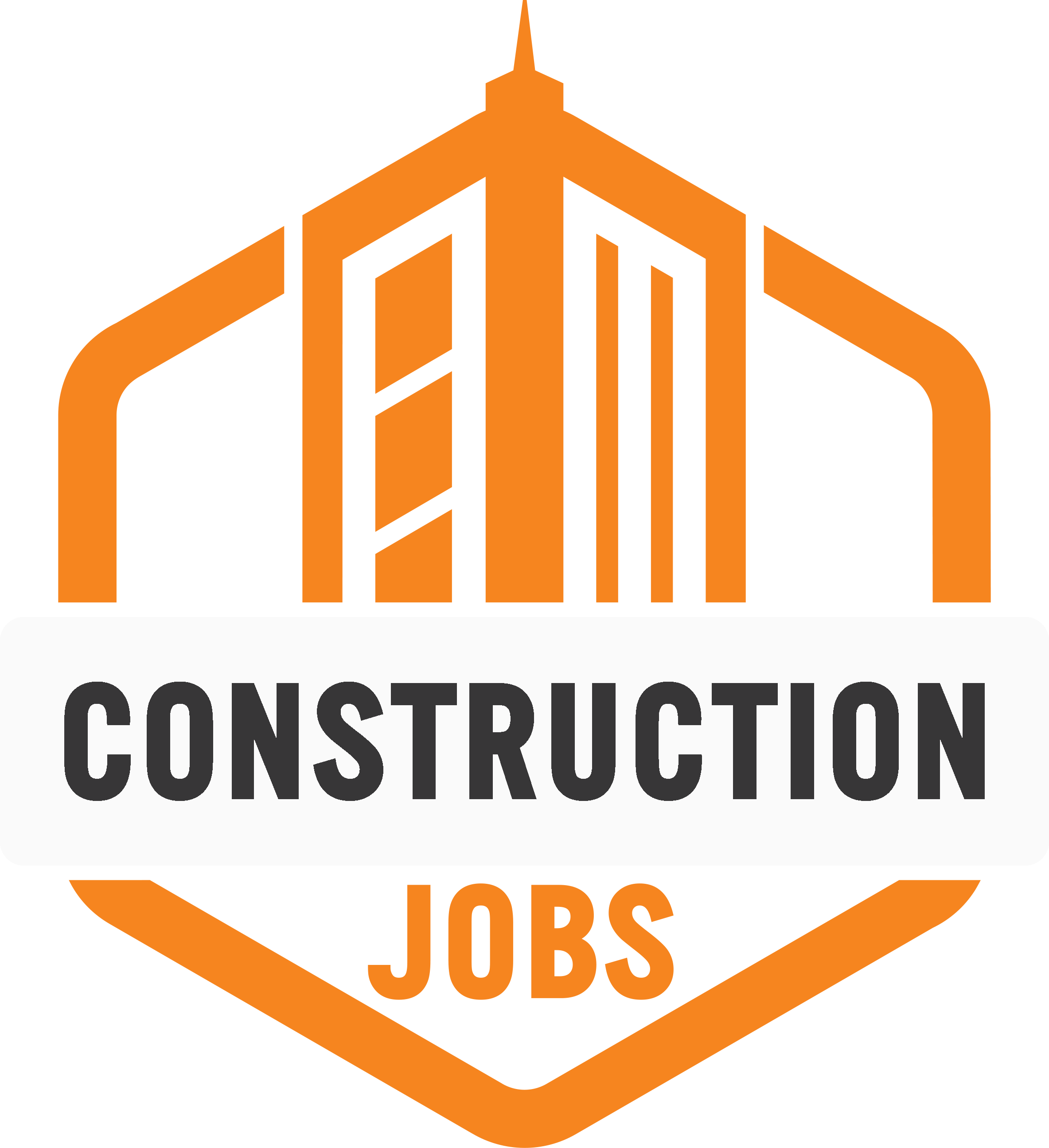How Miscommunication Can Bring a Project to a Halt
Communication is key in construction to prevent delays due to miscommunication and ensure worker safety.

If you are someone who works in construction, communication and connection with your team are highly important elements of your work process. Even though communication is a valuable part of any working relationship, it can be especially crucial in an industry where things like building codes and safety come into play. No matter what you’re working on, it’s important to make sure communication is a priority. Miscommunication can bring projects to a halt in many ways, so it’s important to make sure you put your priorities in order with your entire staff.
Various Forms of Miscommunication
Here are a few of the ways in which miscommunication can bring projects to a halt.
Poor Listening Skills
Though communication has the connotation of speaking and making yourself known, one of the primary factors of being a good communicator is also being a good listener. Especially for people on the team who need to receive directions, or for leaders who need to be listening to their staff about important issues, making sure that you are listening attentively and actively can help avoid mistakes and issues along the way.
No Follow-Up
Following up with people can mean a variety of things depending on the situation, but it can be important no matter the context — especially when it comes to checking in with the other members of your team about prior communication. It’s always best to check in on things rather than assuming a task has been completed or taken care of properly. That way, if there are problems, you can get to them before they grow out of proportion.
Delayed Communication
Speaking of getting to issues in a timely manner, delayed communication is another problem in plenty of cases. Whether you’re talking about spreading information throughout the rest of the team before you move on to the next step in your process or disseminating new guidelines that change the trajectory of the task at hand, that information should be communicated as rapidly and effectively as possible.
If not, people can devote their energies to things that don’t need it. Having a system in place to help you spread information in a timely manner can help you avoid these pitfalls.
Poor Leadership Skills
In order to communicate things effectively, it’s important to have strong leadership skills among those who are in charge. Even though having strong leadership skills isn’t all that you need to make a project go smoothly, skills like directing, delegating, and being consistent with instructions can improve a project’s chance of success.
For all of those reasons, it’s important for communication to start at the top in order to create a smooth experience and not run into issues down the line. Miscommunication not only brings projects to a halt but is also a huge factor in cost overruns — an issue close to leadership that should be taken seriously.
Incomplete Directions
When it comes to higher-up leadership and team management, one of the ways in which miscommunication can bring a project to a halt is by starting off with incomplete directions and poor delegation. When people don’t know what to do or how to solve problems on the job, that will likely create the worst issues within a project that require time and energy to fix.
Technical Difficulties
This one isn’t always the easiest to control, but it often becomes a problem nonetheless. Even though texting, email, and voicemail have made things a lot easier, things can also get lost or simply fall victim to technical difficulties. In order to circumvent this insofar as possible, check in frequently to make sure the correct information has reached everyone. You can also make sure that you have designated group chats and email chains for people to ask any necessary questions.
The Impact of Poor Communication
Although poor communication can have a variety of effects on a team or a project, the impact of poor communication in construction can be extremely problematic, especially when you are in the middle of an important project.
When directions aren’t properly communicated or followed, there is much more room for error in projects, which can result in a loss of time and money that most people don’t have to spare. Additionally, when leadership and management don’t understand the needs of the employees, it can result in lower performance as well as higher worker turnover, which can ultimately slow projects down even further.
Furthermore, miscommunication in construction settings can sometimes lead to safety violations, mistakes in procedure, injuries, and accidents. These are some of the worst reasons for a project to get derailed, so it’s important to remember that safety is always the top priority.
Your team should be of the utmost importance to you, both in terms of labor and personal safety. If communication is what it takes to make sure everyone works in the best conditions possible, it’s important to place value on that, both to keep people around and to keep everyone in your space safe.
Improving Communication
There’s a variety of factors that go into improving the communication of any given workplace, and construction is no different. Staying on top of communicating effectively will be your best bet at improving overall daily communication throughout your team. Plus, the more you practice your communication skills all around, the easier it will be to rely on them and keep things going.
Make sure that you have specified venues in which listening and asking questions when necessary are the top priorities, follow up frequently with your teams, address technical difficulties as soon as possible, and set up channels like group chats and digital meetings to make sure everyone has the information they need. Additionally, you can ask your teams how they feel communication would be best improved in order to get at this issue from all sides.
Prioritizing Communication in Construction
By prioritizing communication, you can drastically reduce the risks to your project’s success. Miscommunications can bring projects to a halt through listening errors, technical difficulties, and delayed communication. However, you can circumvent these issues before they arise and focus on what’s important — getting the job done.
Author: Rose Morrison is a freelance writer in the construction industry and the managing editor of Renovated.
- Share This →

